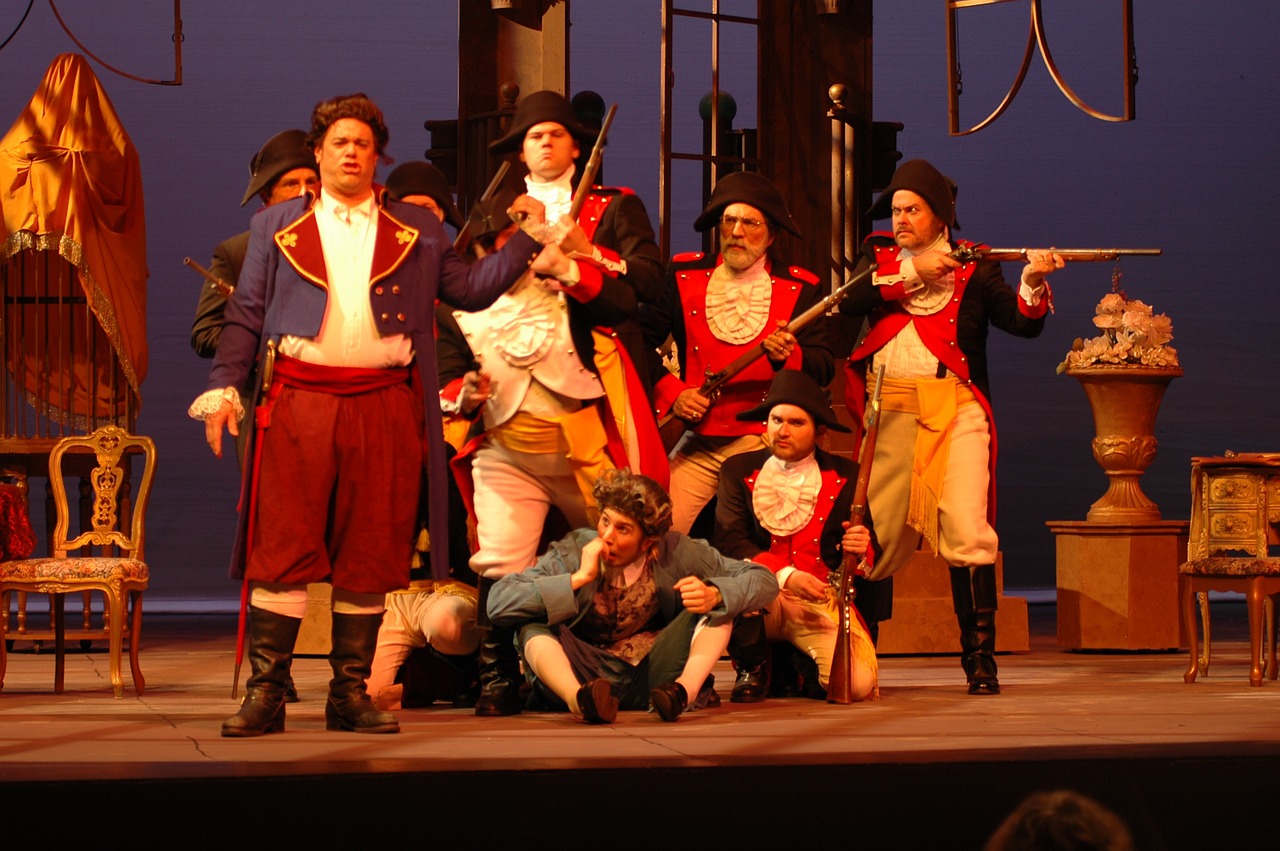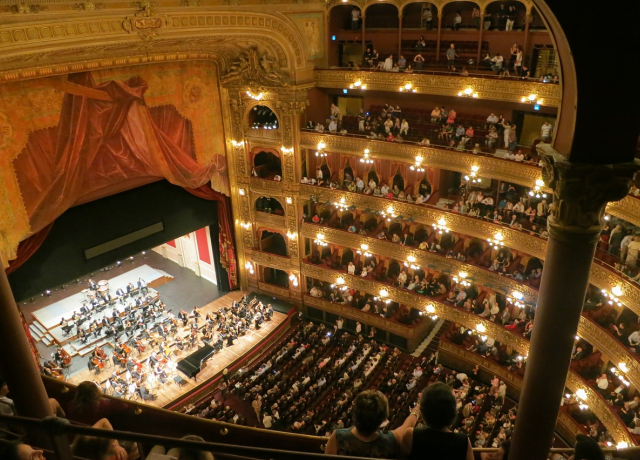Rediscovering Europe’s Opera Heritage in 2018
Rediscovering Europe’s Opera Heritage in 2018
The Europe Day celebrations are an exciting time for Europeans to learn more about the history and heritage of the opera art.
Between 4 and 13 May 2018, opera houses and theatres all across Europe will offer a thematic programme to celebrate European Opera Days. Coordinated by Opera Europa, the European Network for Opera and Dance Education (RESEO), and various partners, the initiative aims to promote opera heritage and bring it closer to the modern audiences.
From Yarevan Opera House and Polish National Opera to Gran Teatro La Fenice and Teatro de la Maestranza in Seville, over 80 notable opera houses from all over Europe will open their doors for free and provide different ways for citizens to learn about opera. Visitors will have an opportunity to see what a backstage looks like, participate in various thematic workshops, and find out more about the life and work at an opera.
The festival is also a way to celebrate the rich opera heritage in Europe within European Year of Cultural Heritage and highlight some of the key challenges the art faces today.
Opera Heritage Today

The theme of opera heritage is an important one in the European Year of Cultural Heritage. While music, film, and theatre tend to deal with current social issues and more dynamically change their forms, the opera art remains largely tied to its roots and heritage.
Many of the opera masterpieces from the 18th and 19th century are still being performed in their unchanged or slightly adapted forms. Although the modern audiences love them, the question remains as to whether and to which extent opera art can evolve to become more relevant for the modern society. Some of the questions that opera professionals are asking in the year of European Year of Cultural Heritage celebrations are:
What does cultural heritage mean for opera? Is this art form burdened by its tradition and heritage?
To answer these questions and raise awareness of the value of opera and the art of opera performance, Opera Europa is organising a series of cultural activities throughout the year. In addition to the 12th European Opera Days that are taking place this week, another significant event that was recently organised under the umbrella of European Year of Cultural Heritage was the World Opera Forum.
Hosted at Teatro Real in Madrid, the forum gathered various artists for a grand celebration of opera heritage and inspired discussions about its future. The event was a great occasion for composers, singers, players, and opera managers to get together and suggest the ways to revive opera heritage in Europe and present it to the widest audiences, especially to the young.
“Do we want opera as a museum art form? Completely retrospective? Or do we want opera as a living art form that would give sense to our world?
This is how Bernard Foccroulle, General Director of Festival d’Aix-en-Provenance, formulated the basic challenge opera is facing nowadays. Joined by numerous other experienced professionals, he implies that opera should adapt in order to continue to live. More details about it can be found on the Operavision page, while the full documentary from the event can be watched below.
The topic of revitalising old European traditions to keep them relevant for the modern citizens is central to the European Year of Cultural Heritage. Opera art is only one of the aspects of European culture that has been brought into the spotlight to achieve that goal.
While highlighting the values, the Year also addresses various challenges in heritage governance, promotion, and preservation. The promotion of opera art and various activities organised around that goal are great examples of how the Year inspires new initiatives, projects, and collaborations for the better future of Europe’s heritage.
